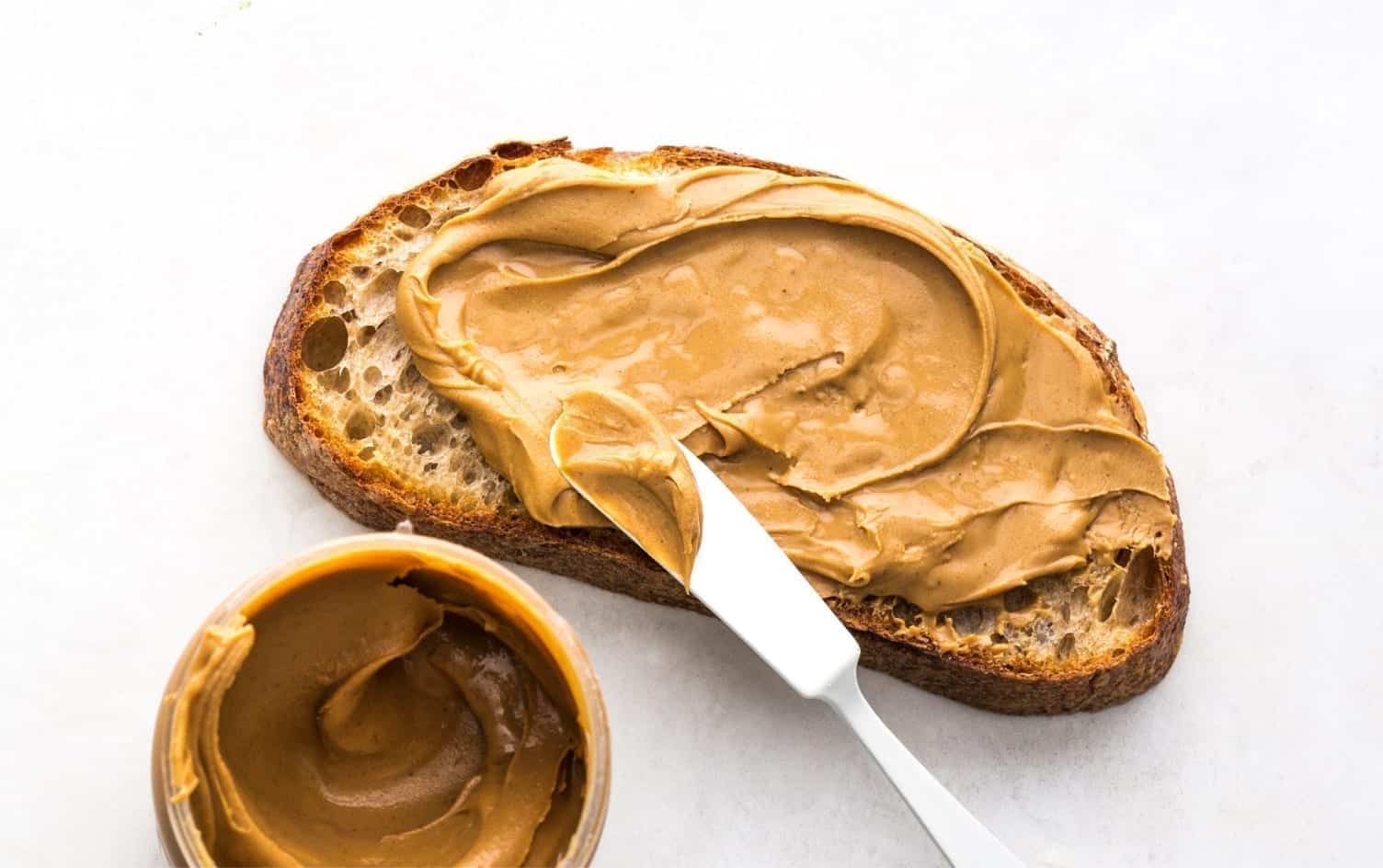If you’re like most athletes, nut butters are a staple. You spread it on whole-grain toast, stir it into oats, blend it into smoothies, mix it with peppers for a savory sauce and probably even scrape the jar clean with your finger. You probably even have several varieties for different moods and occasions. For these reasons, nut butters have surpassed the status of normal pantry staple to full-blown obsession. Athletes should be aware of the nutrition basics of nut butters and how to include the ingredient as part of a balanced diet.
THE NUTRITION LOWDOWN
Nut and seed butters average about 200 calories per 2 tablespoon serving (roughly a golf ball-sized spoonful). I’m not sure how nut butters became thought of as a good protein source, but this food should definitely be considered an energy-dense fat source as the majority of those calories (~75%) come from fat, and only a small portion (~15%) from protein.
If you consider most athletes need 15–25 grams of protein per snack and meal, the 4 grams supplied in a serving of nut butter isn’t doing much to meet protein needs. Consider that a cup of oatmeal supplies 6 grams, a Greek yogurt roughly 15 grams, and two eggs give you 12 grams of protein.
The fact nut butter is high fat isn’t necessarily bad for your body. Nuts and seeds provide healthy fats that increase satiety, help nutrient absorption and are predominantly used in low-intensity endurance activities. However, if you are an athlete looking to cut calories and lose weight, reducing nut butter intake might be a good starting point. It isn’t uncommon for me to see athletes consuming 600 calories a day from nut butters alone — that’s roughly three servings. Simply cutting back to one serving a day and diversifying your selection of foods would lead to a higher quality of nutrients with fewer fat and calories.
While most varieties of nut/seed butters provide similar macronutrients, the different varieties come with different micronutrients. For example, almond butter is a great supplier of vitamin E, which can assist with muscle soreness, while sunflower seed butter supplies more magnesium which is vital for proper nerve function and blood pressure control.
A FEW POINTERS
Skip the processed ones: Look for varieties with limited ingredients: nuts/seeds and salt only.
Avoid varieties that are flavored with added sugar or oil. Avoid defatted peanut butter powders that provide flavor with none of the nutrients. Even better, make your own homemade nut butter.
Diversify your nuts: Choose several nut and/or seed types instead of sticking to standard PB.
Use as fuel: Have some on hand before and during ultra-endurance exercise to maintain satiety and provide a fat source to burn. Or, eat it as post-workout recovery food to get more calories, protein and fat quickly and prevent high appetite later in the day.





4 Responses
You forgot to mention that nuts are also high oxalate too so if you’re trying to limit oxalates then limit your nut intake.
If you sprout and/or roast the nuts, the oxalate content is greatly reduced.
Peanuts are not nuts. They are legumes. They are as high in protein as other legumes and should be considered separately from nuts and seeds.
Four grams of protein for nut or seed butters adds well to the total when combined with good amounts of veg or grains or legumes. The place for athletes to cut for weight loss is all the added sugar, especially in protein bars….
Also they might reconsider how much protein they are ingesting, if they think nuts and seeds don’t have good amounts along with food non-animal fats and fiber. Americans in particular tend to overeat protein, which has health risks. Coaches can be fountains of misinformation in such matters.
I don’t understand the direction to “Avoid defatted peanut butter powders that provide flavor with none of the nutrients.” With 70 calories, 8g of protein, plus calcium, potassium, and phosphate, it would seem that it is a decent alternative. Does the processing remove so many nutrients that it diminishes the tradeoff in calories and fat? Not for me…..